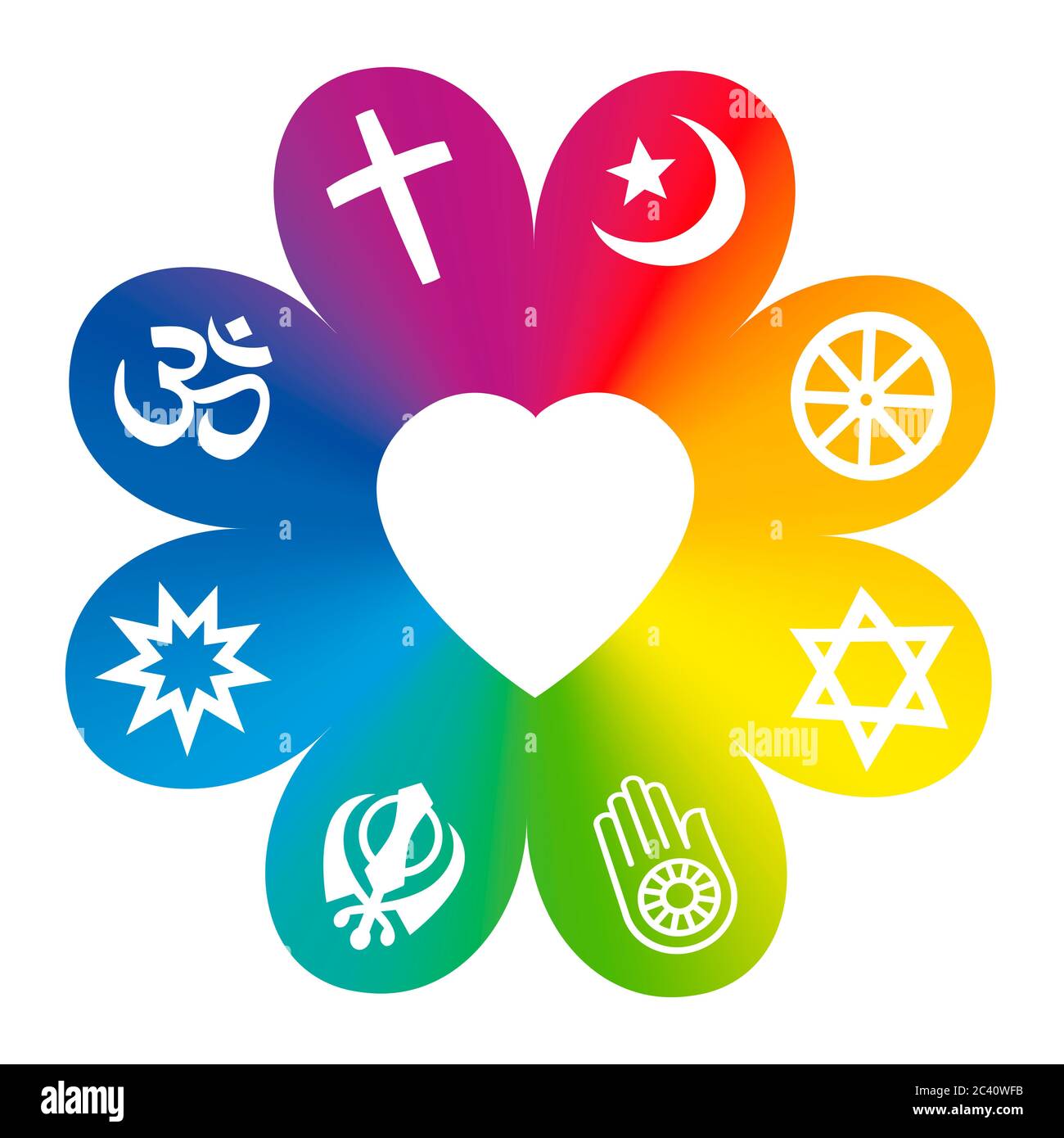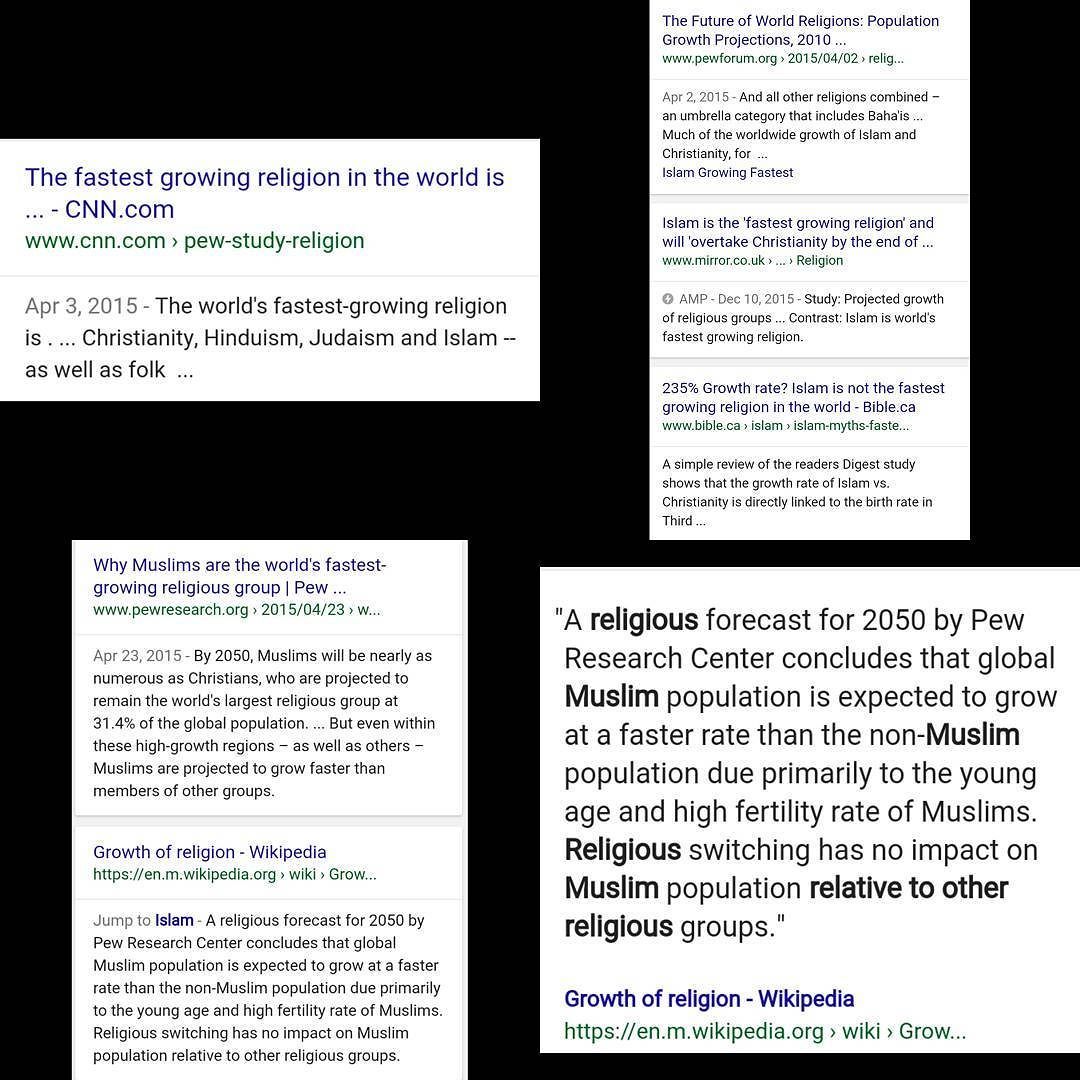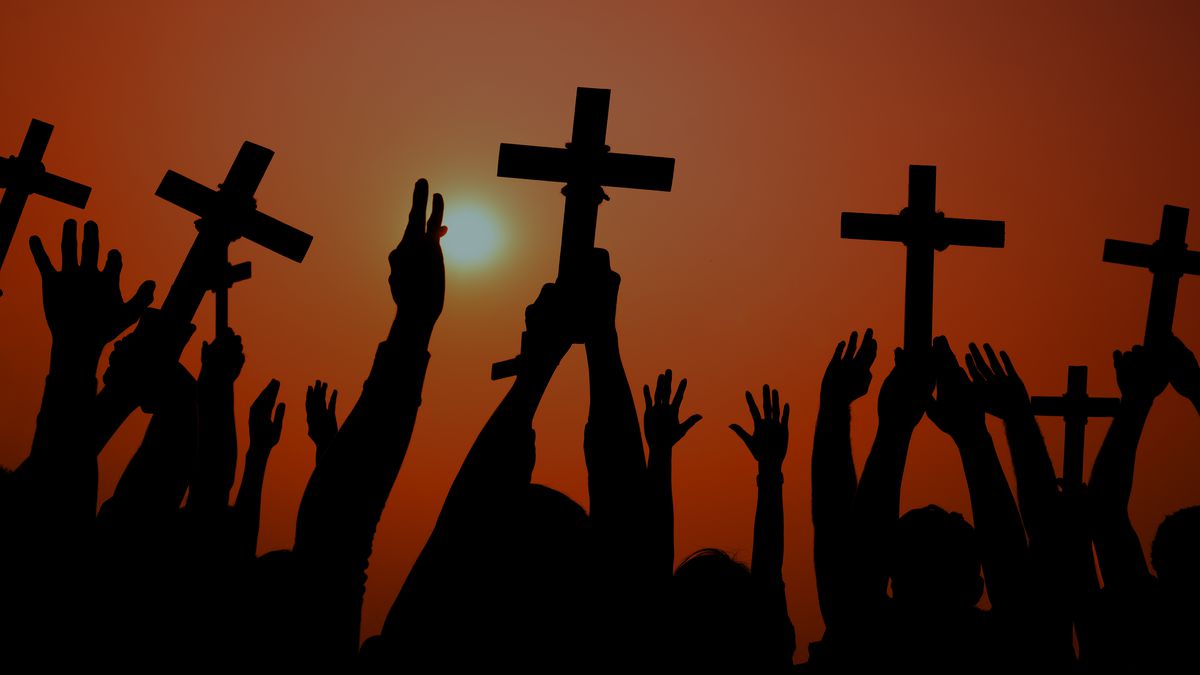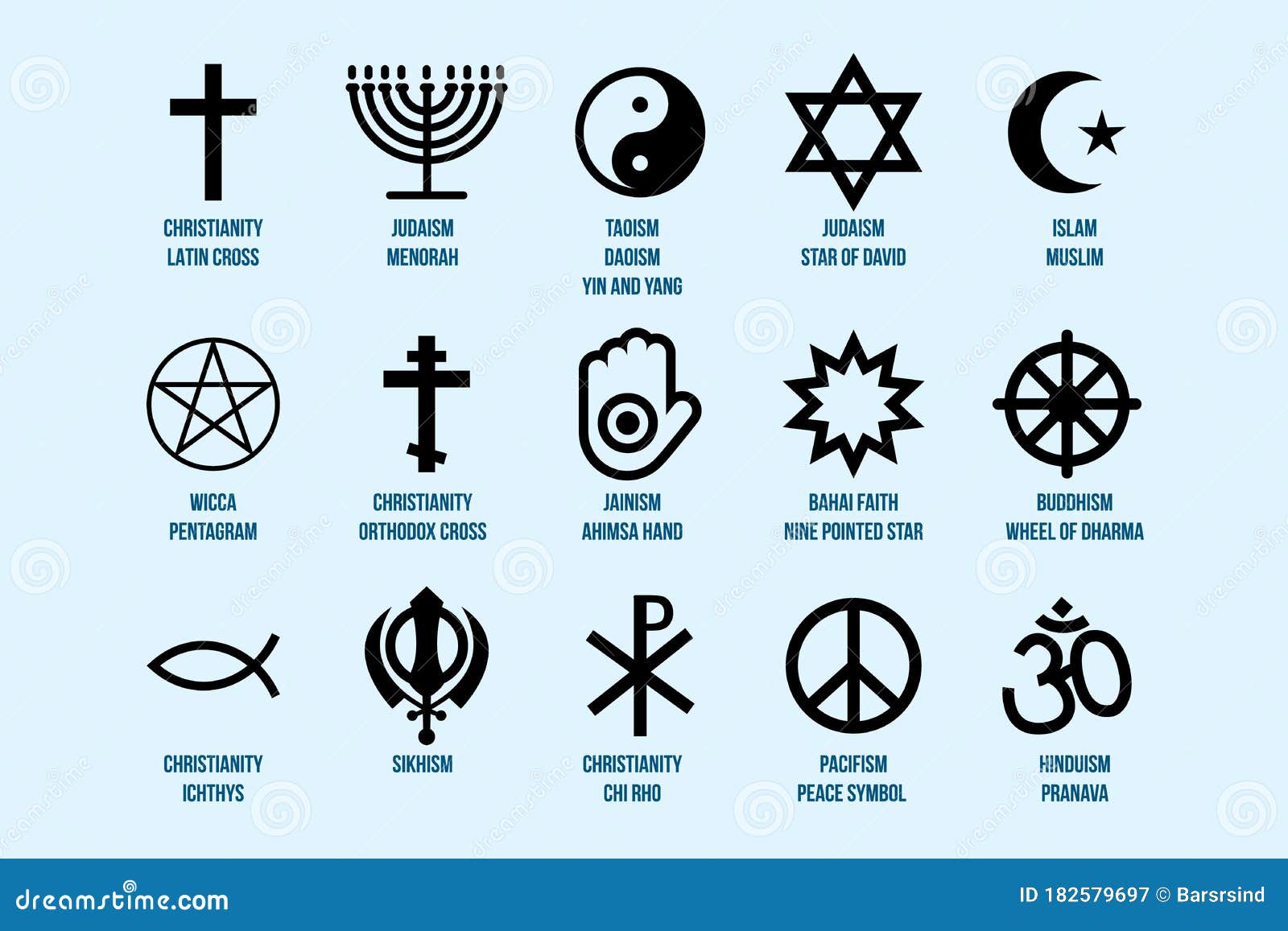Understanding Major World Religions, Freemasonry, and Belief Systems: A Comprehensive Guide
Introduction: Exploring Major Belief Systems and Their Distinctions
Understanding the landscape of world religions and belief systems can be transformative for personal growth, professional relationships, and community engagement. This guide offers clear explanations, actionable steps, and verified references to help you navigate questions about Freemasonry, Judaism, Christianity, Islam, and religious practices among Chinese communities. Whether you are seeking to join an organization, understand a faith tradition, or simply want to learn more, this article provides the necessary background and practical advice for your journey.
Freemasonry: Beliefs, Practices, and Religious Status
Freemasonry is a global fraternal organization that emphasizes personal development, ethical living, and community service. While it uses religious language and symbolism, Freemasonry is not considered a religion in the traditional sense. Instead, it requires members to believe in a Supreme Being, referred to as the “Grand Architect of the Universe.” Freemasonry welcomes individuals of many faiths and encourages respect for diverse spiritual perspectives. The organization holds that the relationship between each person and their concept of God is personal and sacred [1] .
Key practices include:
- Use of sacred texts (such as the Bible, Quran, or other holy books) depending on members’ faith backgrounds.
- Ritual and symbolism, often centered on themes of morality and self-improvement [5] .
- Oaths of confidentiality and loyalty to the organization’s principles.
Freemasonry’s core teachings involve the fatherhood of God, the brotherhood of man, and the immortality of the soul [2] . It does not require adherence to a specific religious doctrine, but rather emphasizes a shared ethical foundation.
If you wish to learn more or join a Masonic lodge:
- Research local Masonic lodges in your area-many have official websites or public contact information.
- Attend a public event or open house to speak with current members.
- Be prepared to affirm a belief in a Supreme Being, regardless of your specific religious affiliation.
Judaism: Religion, Identity, and Belief
Judaism is both a religion and, for many, a cultural or ethnic identity. As a religion, Judaism is characterized by belief in one God, adherence to the Torah (the foundational Jewish text), and observance of religious practices such as the Sabbath and various festivals. The term “Jew” commonly refers to someone who identifies with the Jewish religion, but it can also denote someone of Jewish ancestry or cultural background (see References).
Key features of Judaism include:
- Monotheism (belief in one God).
- Centrality of the Torah and Jewish law (Halakha).
- Religious observances such as Passover, Yom Kippur, and Hanukkah.
If you are interested in exploring Judaism, you may consider:
- Visiting a local synagogue and attending a service or educational program.
- Contacting Jewish community centers for information about introductory courses.
- Researching official resources from national Jewish organizations or academic institutions.
Christianity: Core Beliefs and Historical Foundation
Christianity is a monotheistic religion centered on the life, teachings, death, and resurrection of Jesus Christ. Christians believe in one God, recognize Jesus as the Son of God and the Savior, and follow the teachings of the Bible. Christianity is the world’s largest religion, with diverse denominations such as Catholicism, Protestantism, and Eastern Orthodoxy (see References).
Major tenets include:
- Belief in the Trinity (Father, Son, and Holy Spirit).
- Salvation through faith in Jesus Christ.
- Observance of sacraments like Baptism and Communion.
To learn more about Christianity or become involved:
- Visit a local church and speak with clergy about their beliefs and practices.
- Many churches offer introductory courses for newcomers.
- Explore official church websites for educational materials and events.
The Religion of Jesus: Historical Context
Jesus of Nazareth was born and lived as a Jew in the first century CE. He observed Jewish customs, holidays, and laws, and his earliest followers were also Jewish. Christianity emerged after Jesus’s death, as his followers began preaching that he was the Messiah prophesied in Jewish scripture (see References). Thus, while Jesus himself practiced Judaism, Christianity developed from his teachings and the beliefs of his disciples.

Source: christianfaithguide.com
If you are seeking to understand the historical and religious context of Jesus’s life:
- Consult reputable sources on Jewish history and the origins of Christianity.
- Look for university courses or online lectures on Second Temple Judaism and early Christian history.
- Read scholarly works by historians specializing in the ancient Middle East.
Islam: Beliefs and Practices of Muslims
Islam is a monotheistic religion founded on the teachings of the Prophet Muhammad, who lived in 7th-century Arabia. Muslims follow the Quran as their holy book and observe the Five Pillars of Islam, which include the declaration of faith, prayer, charity, fasting during Ramadan, and pilgrimage to Mecca (see References).
Key elements of Islam include:
- Belief in one God (Allah).
- Recognition of Muhammad as the final prophet.
- Daily prayers, charity, fasting, and pilgrimage.
To learn about or connect with the Muslim community:
- Visit a local mosque for prayer services, community events, or educational programs.
- Contact Islamic centers or organizations for introductory materials.
- Read the Quran and related commentaries, available in many public libraries.
Religious Practices in China: Diversity and Complexity
China is home to a wide variety of religious beliefs and practices. The most prominent traditions are Buddhism, Taoism, Confucianism, and folk religions, alongside smaller communities of Christians, Muslims, and others (see References). Many Chinese people identify with more than one tradition, or with none at all, reflecting the country’s unique religious landscape.

Source: rhetoric-of-religion.weebly.com
Common religious practices include:
- Ancestor worship and local temple rituals.
- Buddhist and Taoist ceremonies.
- Celebration of traditional festivals, such as Lunar New Year and the Qingming (Tomb Sweeping) Festival.
For those interested in exploring Chinese religions:
- Visit local Chinese temples or cultural centers that offer tours or classes.
- Participate in public festivals or observances to experience cultural traditions first-hand.
- Consult academic resources or museum exhibits on Chinese religious history.
Accessing Services, Opportunities, and Further Information
If you are seeking to join a religious community, participate in educational programs, or learn more about a specific faith tradition:
- Freemasonry: Contact local lodges directly for information on membership requirements and upcoming events. Search for “Freemason lodge near me” or look for listings through established fraternal organizations.
- Judaism: Synagogues and Jewish community centers often offer “Introduction to Judaism” courses. Use search terms like “Jewish center” or “synagogue” plus your city.
- Christianity: Most churches welcome visitors and provide newcomer orientation. Search for “church near me” or specific denominations (Baptist, Methodist, Catholic, etc.).
- Islam: Mosques and Islamic centers regularly hold open houses and educational sessions-search for “mosque near me” or “Islamic center” in your area.
- Chinese Religions: Cultural centers, museums, and academic institutions may offer programs on Chinese religious and cultural traditions. Search for “Chinese temple” or “Buddhist center” locally.
In all cases, it is advisable to call ahead or visit official websites for details on hours, visitor policies, and introductory events. For government-related information or official statistics, search for the name of the religion or organization plus “official website” to ensure you are accessing credible sources.
References
- [1] Dallas Freemasonry (2012). Freemasonry & Religion.
- [2] EWTN (2025). The Masonic Religion.
- [5] Wikipedia (2023). Freemasonry.
- Encyclopaedia Britannica (2024). Judaism.
- Encyclopaedia Britannica (2024). Christianity.
- Encyclopaedia Britannica (2024). Jesus.
- Encyclopaedia Britannica (2024). Islam.
- Encyclopaedia Britannica (2024). Religion in China.
MORE FROM cheerdeal.com













